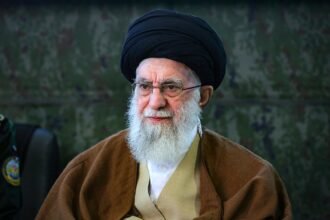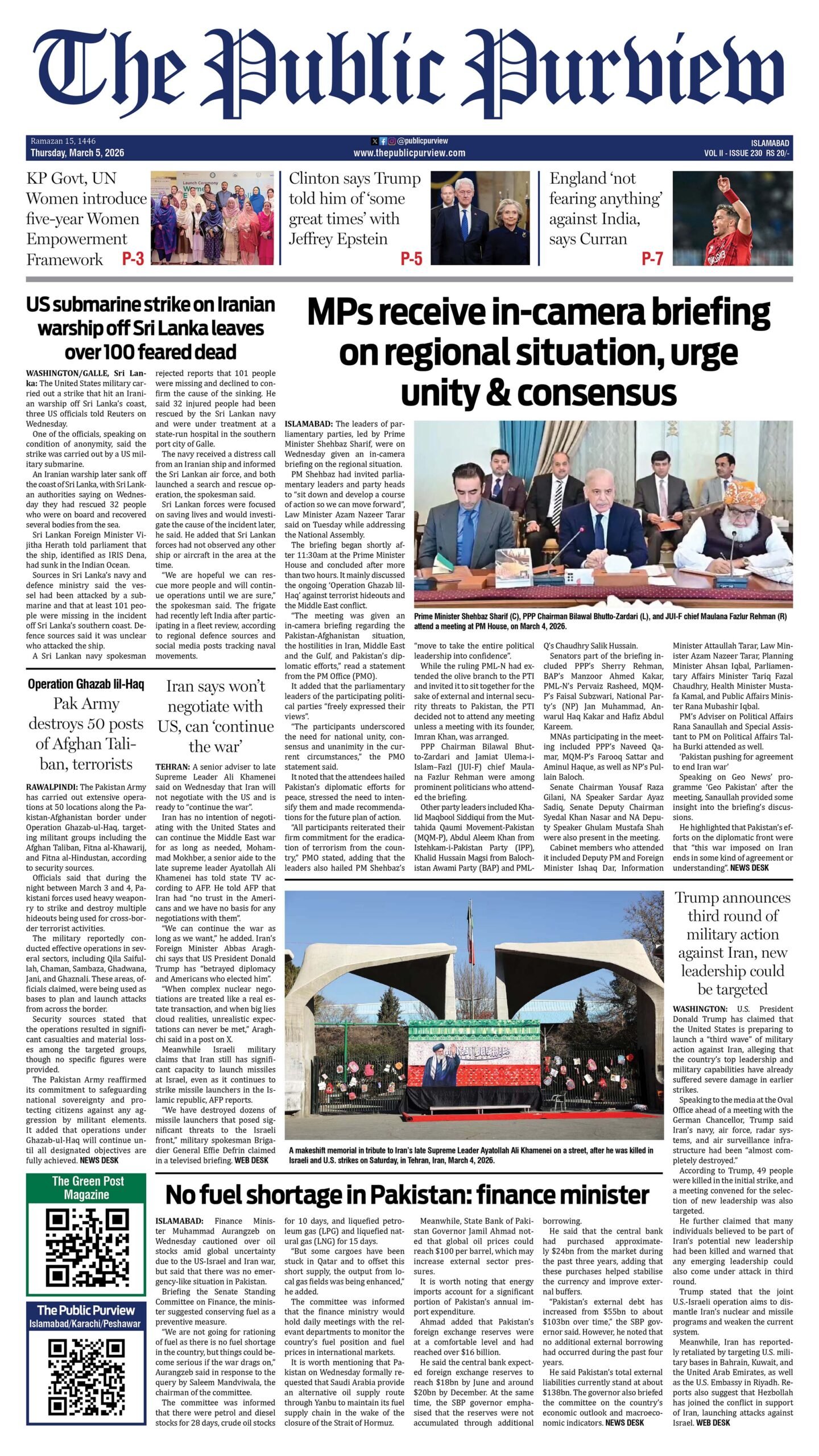
By: Abid Ali Khan
Senior Journalist & Columnist
The chapter in Islamic history known as the Era of Farooq was written in blood on the first of Muharram. It marks the martyrdom of the champion of justice, honesty, courage, and conquest — Hazrat Umar ibn al-Khattab (RA). His caliphate was not merely a rule of power, but a living embodiment of a complete Islamic system of governance. As Muslims across the world begin a new Islamic year on 1st Muharram, their hearts are heavy and eyes tearful in remembrance of the one and only Umar Farooq (RA).
The Tragedy of Martyrdom
The attack on Hazrat Umar (RA) was no ordinary incident. It was an insidious conspiracy to topple the pillar of the Muslim Ummah — the leader who had brought the mighty empires of Caesar and Chosroes to their knees. During Fajr prayer, he was stabbed by a Persian fire-worshipping slave named Abu Lu’lu’ah. Gravely wounded, he remained bedridden for several days before succumbing to his injuries on 1st Muharram, 24 AH. Even in his final moments, his words reflected a deep concern for the Ummah, unwavering commitment to justice, and a profound sense of accountability before God.
A Glorious Era of Islamic Conquests
The most distinguished feature of Hazrat Umar’s (RA) caliphate was the unprecedented expansion of the Islamic state. During his ten-year reign, nearly 2.2 million square miles of land came under Muslim control. Under his leadership, the Eastern Roman Empire was expelled from Syria and Egypt, while the mighty Sassanian Empire of Persia was wiped from the map.
Victories in the monumental battles of Yarmouk, Qadisiyyah, Jalula, Nahavand, and Madain bear witness to his exceptional strategic acumen and courage.
It was under his rule that Jerusalem was peacefully conquered, and he personally negotiated terms with Christian clergy — a timeless example of interfaith respect and religious tolerance. Far from tyranny, his policies promoted justice in newly conquered lands and ensured full protection of life and property for non-Muslim citizens.
The Model Welfare State
Perhaps the most remarkable aspect of Umar’s leadership was his humble approach. He did not consider himself “Caliph of the Muslims,” but rather “Servant of the Ummah.”
He pioneered administrative innovations that laid the foundation of a true welfare state: a structured judiciary, the establishment of Bayt al-Mal (public treasury), the introduction of stipends through Diwan (akin to life insurance), military reforms, census systems, a postal network, rest houses for travelers, canals, and regional courts — all hallmarks of a visionary and modern state.
A Message for Modern Times
Today, as nations grapple with corruption, inequality, and rising poverty, the life of Umar (RA) serves as a mirror for our leaders. If the powerful escape justice, if rulers become detached from the people, and if minorities live in fear, then the martyrdom of Umar (RA) must not remain a commemoration, but a catalyst for reform.
His martyrdom was a historic turning point that shook the Muslim world. The 1st of Muharram is not merely the start of a new calendar — it is a day of soul-searching. Are we truly living by the principles of Umar (RA), or have we strayed from them?
Conclusion
The leadership of Hazrat Umar Farooq (RA) is not just a tale of the past; it is a blueprint for a just society. Let us raise our children with the awareness that Islam once had a ruler who said, “If a dog dies hungry on the banks of the Euphrates, Umar will be held accountable.”
That is the spirit we must revive — a legacy of justice, responsibility, and moral governance.







 Today's E-Paper
Today's E-Paper